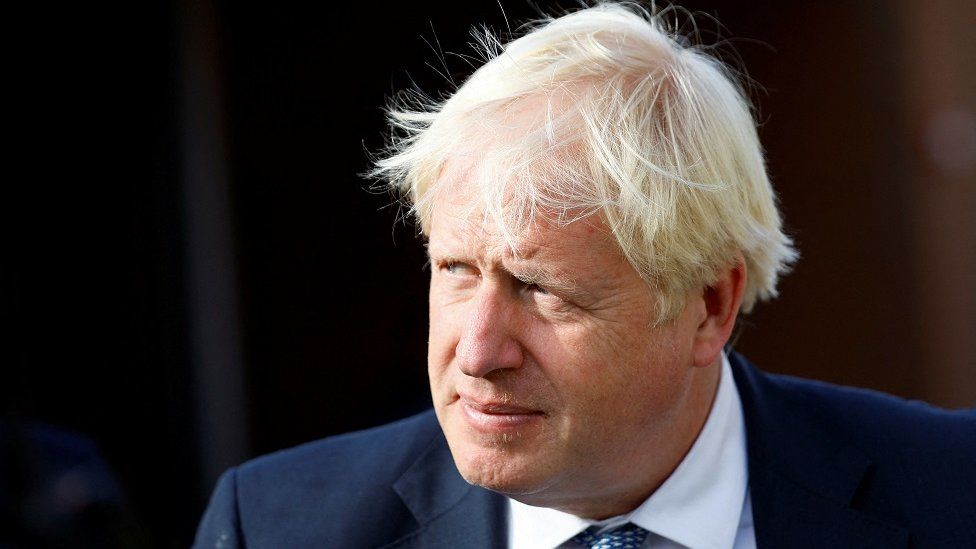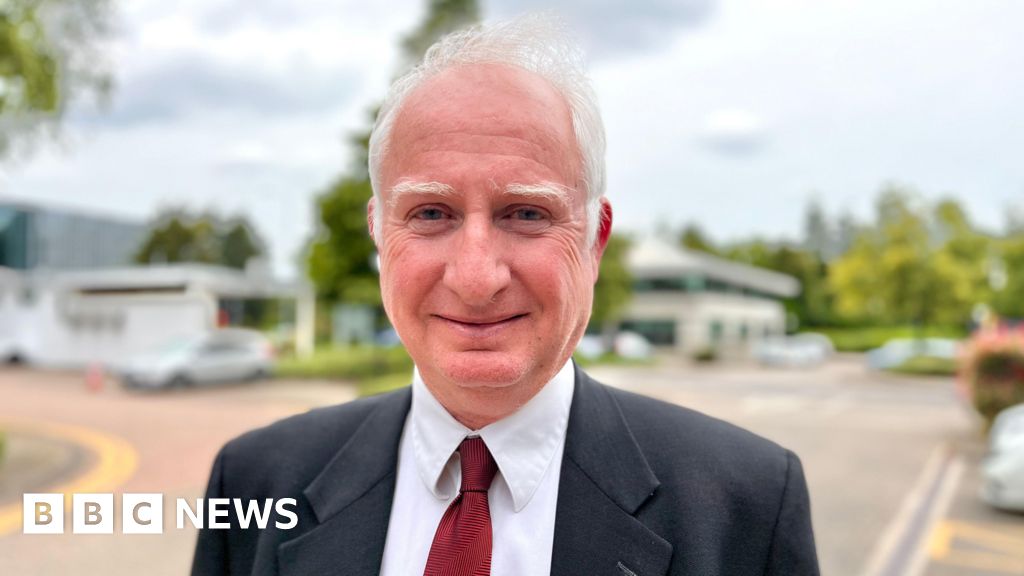ARTICLE AD BOX
 Image source, PA Media
Image source, PA Media
The government's legal challenge to the Covid inquiry's demand to see Boris Johnson's diaries and WhatsApps in full gets under way later.
The Cabinet Office rejected the demand, arguing it should not have to hand over material it does not consider relevant.
Covid inquiry chair Baroness Hallett says it should be up to her decide what is relevant.
The government took the unprecedented step of bringing a judicial review of Baroness Hallett's order.
It is the first time a government has mounted a legal challenge to an inquiry it set up itself.
At a High Court hearing on Friday, the Cabinet Office's lawyers will argue that the inquiry does not have the legal power to force ministers to release documents and messages which it says are "unambiguously irrelevant" and cover matters "unconnected to the government's handling of Covid".
They will say there are "important issues of principle at stake" affecting the rights of individuals and "the proper conduct of government".
In written documents filed at the court, government lawyer Sir James Eadie KC said the Cabinet Office "well understands" Lady Hallett's concern to ensure she has all the material she needs to reach "soundly based conclusions on the matters she is inquiring into".
But he adds that there are "real concerns" that "individuals, junior officials, current and former ministers and departments should not be required to provide material that is irrelevant to the inquiry's work".
'All relevant material'
"It is sharpened by the fact that irrelevant material contains 'references to personal and family information, including illness and disciplinary matters' and 'comments of a personal nature about identified or identifiable individuals which are unrelated to Covid-19 or that individual's role in connection with the response to it'", the statement says.
Image source, Piranha Photography
Image caption,Baroness Hallett is chairing the Covid inquiry
The messages "may well be sensitive for a whole variety of reasons - for example to do with personal privacy, to do with other aspects of the work of government, or simply to do with the informal nature of the sort of communication that occurs on WhatsApp."
The public can be "entirely confident" that the inquiry will receive "every scrap of relevant material", adds Sir James.
Boris Johnson has handed over WhatsApp messages, diaries and personal notebooks to the Cabinet Office in unredacted form.
In a statement to the court, senior civil servant Ellie Nicholson said the Cabinet Office was reviewing the material "for national security sensitivities and unambiguously irrelevant material, and appropriate redactions are being applied".
But the former PM's WhatsApp messages cover the period only after May 2021, meaning they would be of limited use to the inquiry, which is looking at decisions made during the pandemic.
This was due to a "well-publicised security breach", writes Ms Nicholson.
Mr Johnson was forced to change his mobile phone in 2021 after it emerged his number had been publicly available online for 15 years.
The former prime minister wrote to the inquiry after the Cabinet Office launched the judicial review, saying he was "more than happy" to hand over his unredacted WhatsApp messages and notebooks directly to the inquiry.
He is believed to have written to the Cabinet Office to ask whether security and technical support can be given to help retrieve the content on the device without compromising security.
The High Court hearing, before Lord Justice Dingemans and Mr Justice Garnham, is due to begin at 10;30 BST on Friday and conclude on Monday.

 1 year ago
63
1 year ago
63








 English (US)
English (US)